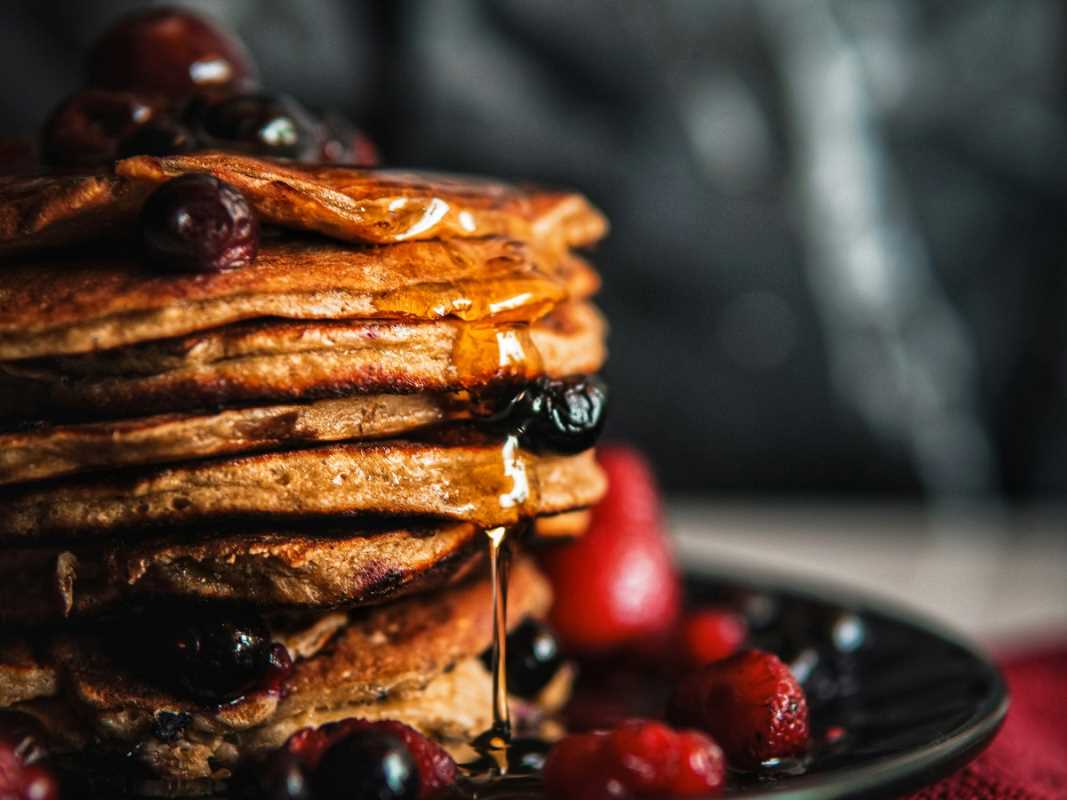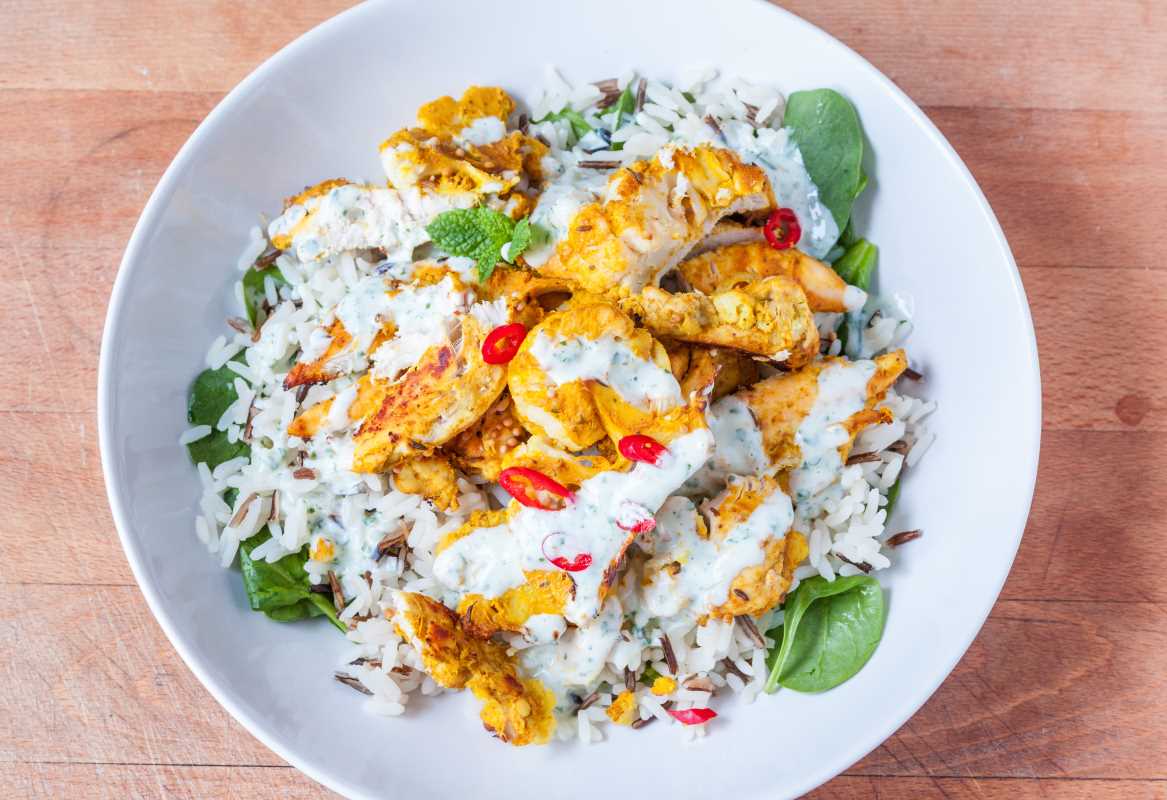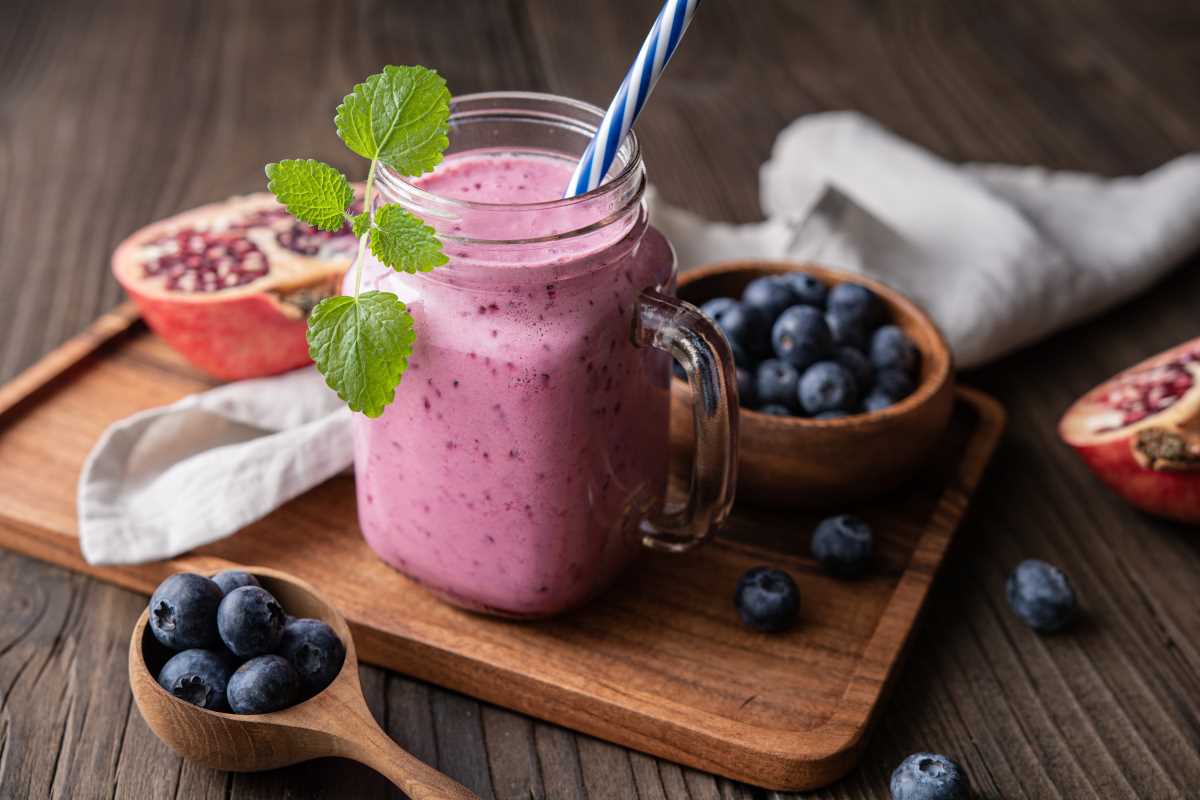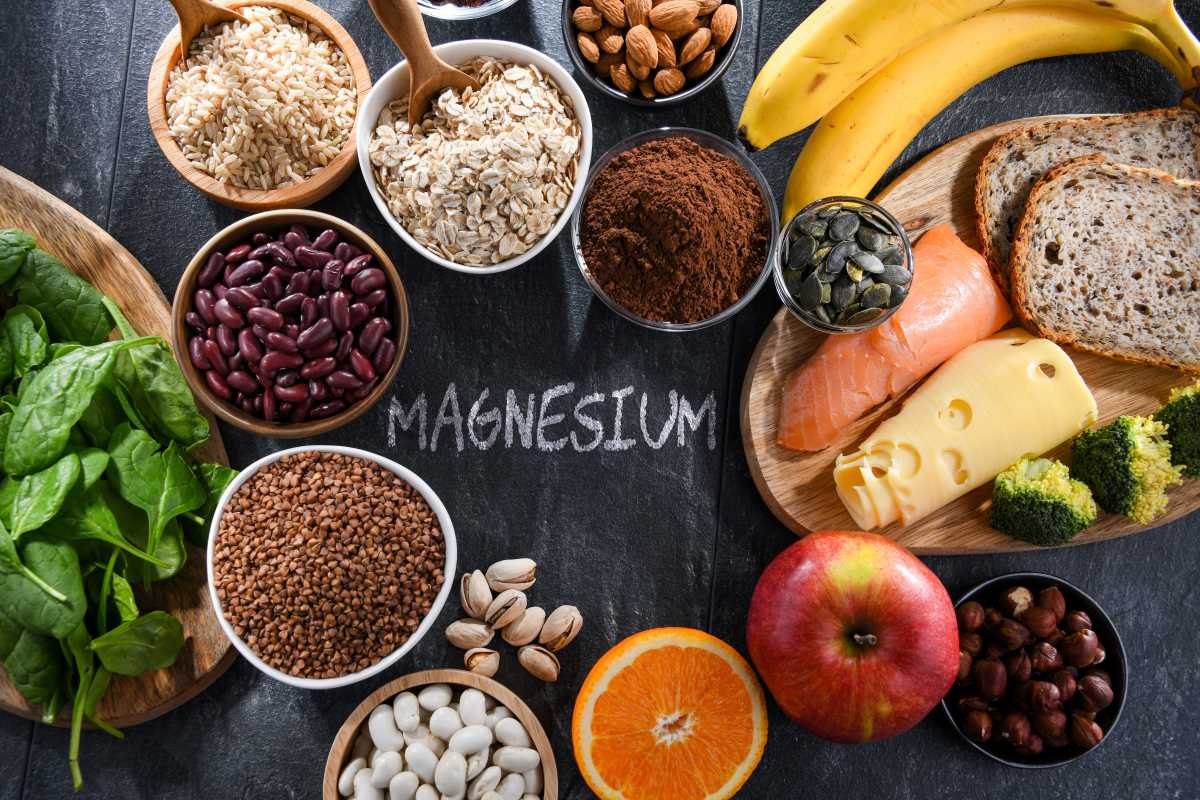Ever feel like your energy isn’t quite what it used to be? For many of us, hitting our 40s and 50s brings changes in our energy levels, making it harder to keep up with the demands of daily life. Hormonal shifts, slower metabolism, and even lifestyle changes can all contribute to feeling a little more sluggish. But here's the good news: what you eat can make a big difference. The right foods provide your body with the fuel it needs to power through your busy days and stay sharp and active. This guide will explain why energy levels tend to dip with age and highlight the best foods to keep you energized throughout the day.
Why Energy Levels Dip in Your 40s and 50s
It’s not your imagination; many people experience lower energy levels as they hit their middle years. But what’s behind that afternoon slump or feeling of constant fatigue? Here are some common reasons:
- Hormonal Changes: For women, menopause can bring fluctuations in estrogen levels that lead to fatigue. Similarly, men often experience a gradual decrease in testosterone, which can affect energy.
- Metabolic Slowdown: Your metabolism naturally slows as you age, meaning your body might burn calories less efficiently. When paired with poor dietary choices or low activity levels, this can leave you feeling sluggish.
- Nutritional Deficiencies: Nutrient absorption can decrease with age, making it more difficult to get enough essential vitamins and minerals like B12, iron, or magnesium, all of which play a role in energy production.
- Lack of Sleep or Stress: Stressors like work, family, or health concerns can disrupt sleep quality, which is crucial for keeping your energy up.
While some of these factors are inevitable, the good news is that your diet plays a huge role in how you feel day to day. Eating the right mix of foods can help you maintain steady energy levels and support overall well-being.
The Role of Nutrition in Maintaining Energy
Your body is like a car, and the food you eat is its fuel. Choosing nutrient-packed foods ensures your body has everything it needs to produce lasting energy rather than quick bursts that leave you crashing later. Here’s how proper nutrition supports energy:
- Balanced Blood Sugar Levels: Foods that digest slowly, like whole grains and fiber-rich fruits, keep blood sugar stable and energy levels steady.
- Nutrient Support: Certain vitamins and minerals (like B vitamins, magnesium, and iron) are essential for converting food into usable energy.
- Protein for Fuel: Protein helps sustain energy between meals, keeping hunger pangs and fatigue at bay.
To stay energized, aim for a diet that combines healthy carbohydrates, protein, fats, and plenty of vitamins and minerals.
Top Foods for Sustained Energy
Certain foods are particularly good at boosting energy and should be staples in your diet during your 40s and 50s. Here’s the breakdown of energy-boosting superstars and how they can help keep fatigue away.
1. Whole Grains
Whole grains like oats, quinoa, and brown rice are a powerhouse of complex carbohydrates, which give your body long-lasting energy. Unlike simple carbs (like sugary snacks), whole grains release glucose slowly, keeping you energized for hours.
- Why They’re Great: Rich in fiber and B vitamins, they stabilize blood sugar and support energy production.
- Try This: Swap white bread for whole-grain versions. Start your day with a bowl of oatmeal topped with fresh fruit or use quinoa as a base for salads.
2. Leafy Greens
Spinach, kale, and Swiss chard are packed with iron, magnesium, and vitamin C, which your body needs to fight fatigue and support energy production.
- Why They’re Great: Iron improves oxygen flow in your blood, while magnesium helps with muscle function and energy conversion.
- Try This: Add spinach to your morning smoothie or enjoy a kale salad topped with grilled chicken and nuts.
3. Nuts and Seeds
Almonds, walnuts, chia seeds, and flaxseeds are small but mighty when it comes to energy. They’re full of healthy fats, protein, and fiber to keep you satisfied and energized.
- Why They’re Great: Omega-3 fatty acids in some nuts and seeds also help reduce inflammation, which can sap energy.
- Try This: Snack on a handful of mixed nuts or sprinkle chia seeds on your yogurt for a quick energy boost.
4. Fatty Fish
Fish like salmon, mackerel, and sardines are rich in omega-3s and high-quality protein, both of which help keep your energy up and your mind sharp.
- Why They’re Great: Omega-3s promote heart and brain health, while protein provides long-lasting fuel.
- Try This: Enjoy grilled salmon with a side of roasted veggies for dinner or make a tuna salad with whole-grain crackers.
5. Bananas
Sometimes called “nature’s energy bar,” bananas are packed with potassium, carbohydrates, and natural sugars, making them a go-to snack for a quick boost.
- Why They’re Great: Potassium helps muscles contract, which is particularly important after exercise or long days.
- Try This: Pair a banana with a spoonful of almond butter for a balanced snack.
6. Greek Yogurt
Greek yogurt is a great source of protein and probiotics, which promote gut health and keep your digestion running smoothly.
- Why It’s Great: The combination of protein and carbs provides both immediate and sustained energy.
- Try This: Have plain Greek yogurt with a drizzle of honey and fresh berries for a snack or breakfast option.
7. Berries
Blueberries, strawberries, and raspberries are not only delicious but also full of antioxidants and natural sugars for a quick energy lift.
- Why They’re Great: Antioxidants combat oxidative stress, which can lead to fatigue.
- Try This: Toss berries into a salad, mix them into your oatmeal, or enjoy them on their own as a midday treat.
8. Eggs
Eggs are versatile, affordable, and an excellent source of high-quality protein along with B vitamins to support energy metabolism.
- Why They’re Great: They’re quick to cook and keep you full for longer, making them an ideal breakfast food.
- Try This: Make a veggie-packed omelette or hard-boil a batch for easy snacks throughout the week.
9. Dark Chocolate
Dark chocolate (with at least 70% cacao) can give you a quick energy boost thanks to its natural caffeine content and antioxidants.
- Why It’s Great: It’s a healthy way to curb sugar cravings while promoting alertness.
- Try This: Enjoy a small piece as an afternoon pick-me-up or melt it and drizzle over fruit for dessert.
10. Sweet Potatoes
These nutrient-dense carbs are loaded with fiber and potassium, making them a great option for steady energy.
- Why They’re Great: They’re slow-digesting, meaning no sudden energy crashes.
- Try This: Roast slices with olive oil and spices for a tasty side or bake one and top it with Greek yogurt.
Tips for Incorporating Energy-Boosting Foods
Knowing what to eat is only half the battle. Here are some easy ways to bring these energy-packed foods into your daily meals and snacks:
- Prep Ahead: Chop leafy greens or roast a batch of sweet potatoes on Sunday to have ready for the week.
- Mix and Match: Combine foods, like pairing bananas with nuts or berries with Greek yogurt, for a combo of nutrients.
- Upgrade Snacks: Keep a stash of nuts, seeds, or dark chocolate in your desk to avoid reaching for sugary options.
- Stay Hydrated: Dehydration can sap your energy, so don’t forget to drink water or herbal teas throughout the day.
 (Image via
(Image via





